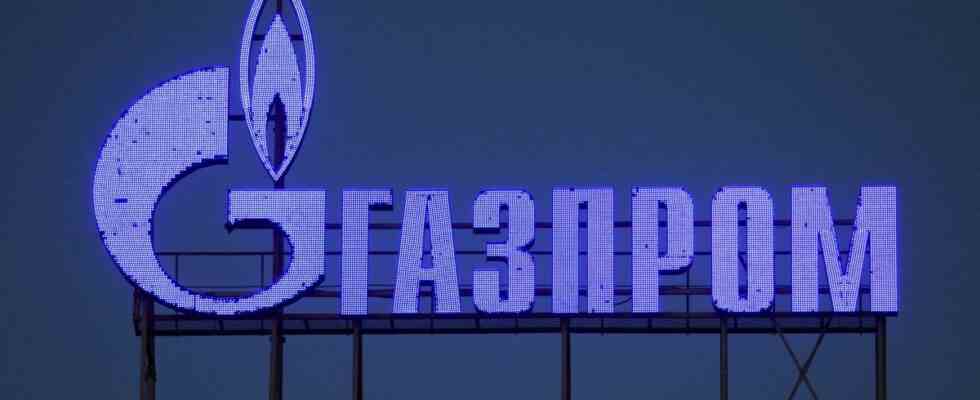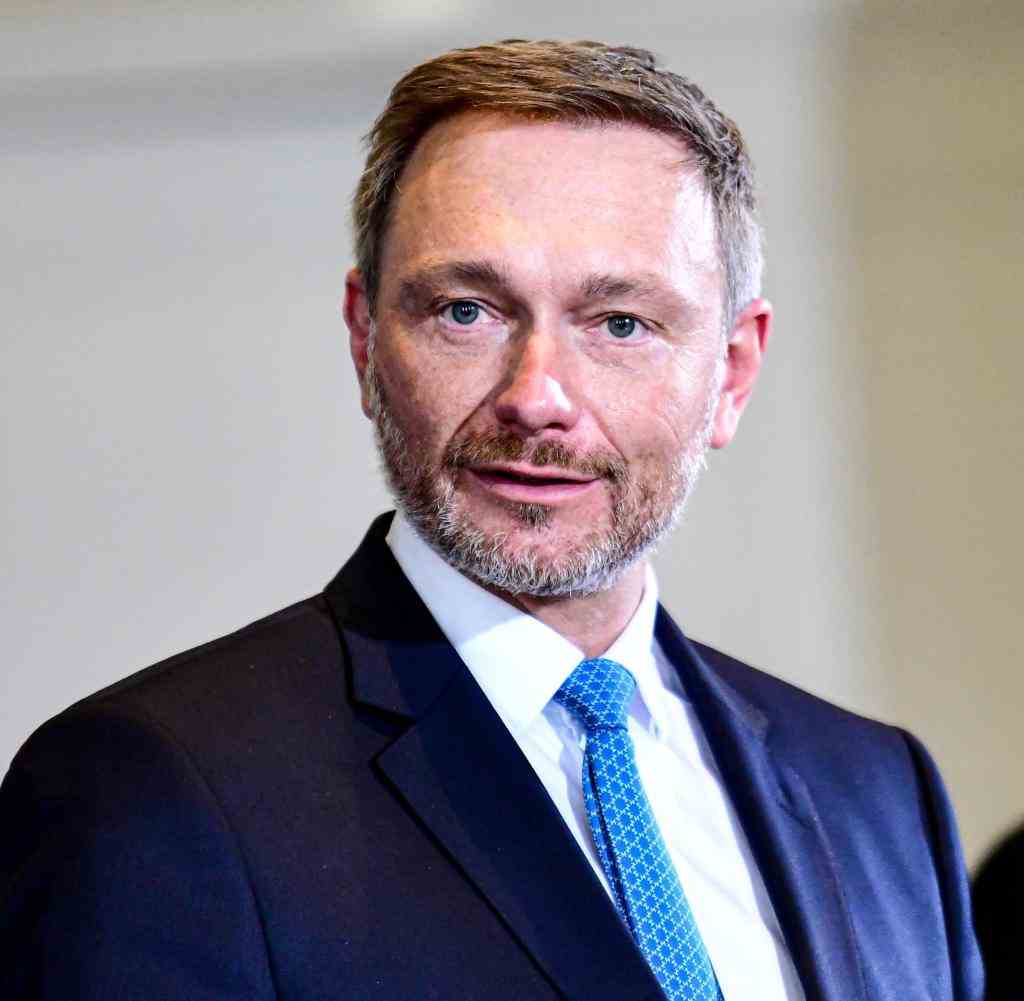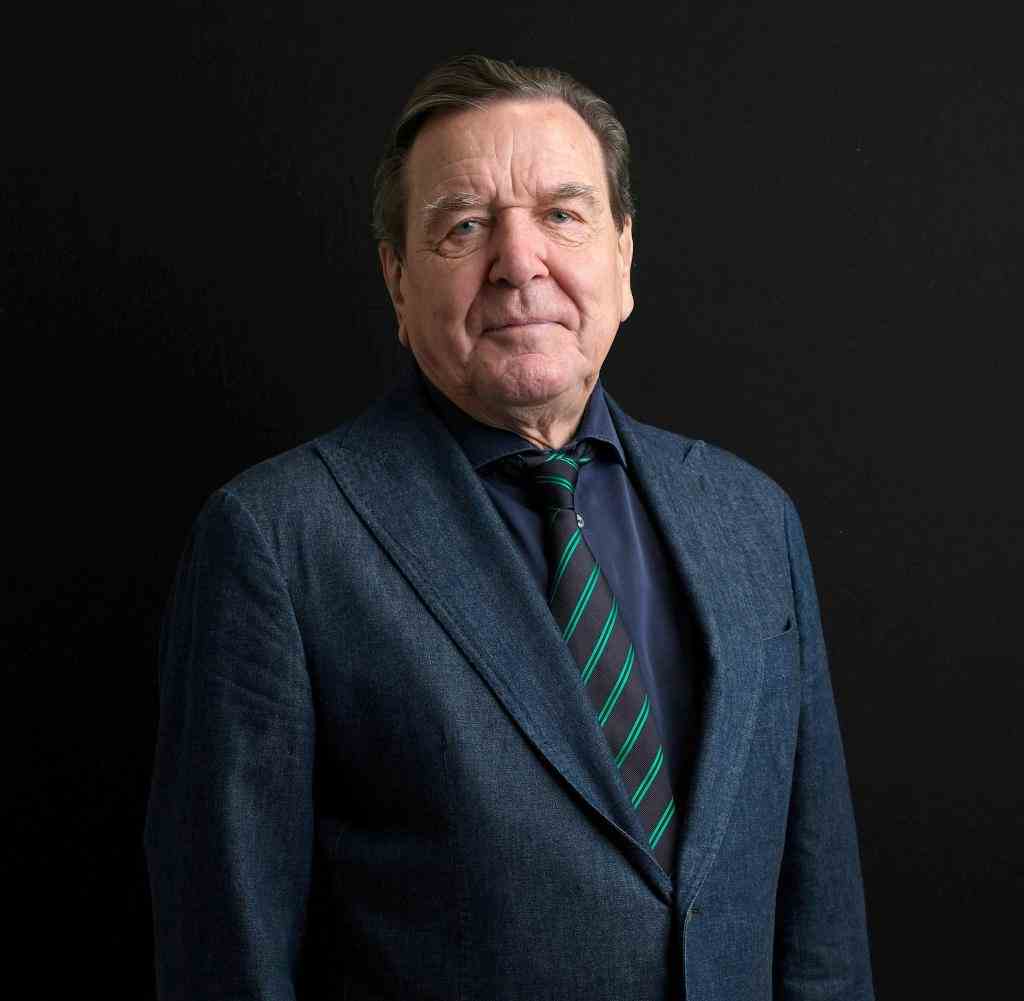Russia stops gas supplies to Poland and Bulgaria
Putin receives Guterres in Moscow – Western states meet in Ramstein
At a conference at the US Ramstein Air Force Base in Rhineland-Palatinate, Western countries, including Germany, pledged further arms deliveries to Ukraine. Meanwhile, UN chief Guterres was received in Moscow by Russian President Putin.
From Wednesday, Russia wants to stop supplying Poland and Bulgaria with gas. The background is the dispute over the type of payment, in dollars, euros or rubles. The US government has already announced support.
POlen and Bulgaria will have to do without Russian gas supplies from Wednesday. The Russian gas company Gazprom informed them that the supply would be stopped, the Polish and Bulgarian governments said on Tuesday. If further such steps are taken against other countries, this could have serious economic consequences, especially in Germany, which is heavily dependent on Russian gas supplies. However, Russia would also cut itself in the flesh.
Russian President Vladimir Putin announced in March that “unfriendly” customers would no longer be supplied with gas if they did not pay Gazprom in rubles. He apparently wanted to counteract the fall in value of the ruble triggered by Western sanctions. Western countries refused to comply because doing so would undermine their own sanctions. They also referred to valid contracts. About 60 percent of the gas contracts are in euros, the rest in dollars.
Polish state-owned gas company PGNiG said it had been informed by Gazprom that the company would stop supplies through the Yamal pipeline on Wednesday morning. The reason is Poland’s refusal to pay for the delivery in rubles, as requested by Russia.
The Yamal pipeline runs via Belarus and supplies Germany as well as Poland. According to the website of the European Network of Transmission System Operators, the gas flow at the Kondrati entry points in eastern Poland and Vysokaye in Belarus has already fallen drastically.
Poland receives around nine billion cubic meters of natural gas from Russia every year. Environment Minister Anna Moskwa said Poland is prepared for the current situation. Your country has been working for years to become independent of Russian energy supplies and has practically achieved this. “There will be no shortages in Polish apartments,” she tweeted.
The Polish government confirmed this week that it would supply the Ukrainian army with tanks. In addition, the country is an important transit country for arms shipments from the United States and other western countries to Ukraine.
The Bulgarian government rejected the Russian proposal to pay for the gas in a two-step procedure. This violates existing treaties and poses a significant risk for Bulgaria, she argued. Among other things, there is a risk that Bulgaria will pay but not be supplied. Gazprom finally announced that deliveries via the Turkstream pipeline would be stopped on Wednesday. With the help of state-owned companies, alternatives to Russian deliveries are being sought.
Bulgaria, with around 6.5 million inhabitants, covers more than 90 percent of its gas needs from Russian imports. The government assured that for the time being there will be no restrictions on the supply of gas to private households. The liberal cabinet that took office in the fall severed many of the traditionally close ties with Russia and also condemned the Russian invasion of Ukraine. Bulgaria is providing humanitarian aid to Ukraine but has been reluctant to provide military supplies. Prime Minister Kiril Petkov wanted to travel to Kyiv on Wednesday and talk about further aid.
The US government said it was preparing for such a move by Russia. Among other things, states in Asia have been asked to increase deliveries to Europe, said White House spokeswoman Jen Psaki. Efforts would continue.
in the Podcast “Kick-off Politics” we give you the most important background information on a top political topic of the day from Monday to Friday in conversation with WELT experts. From 6 a.m., in just 10 minutes.



